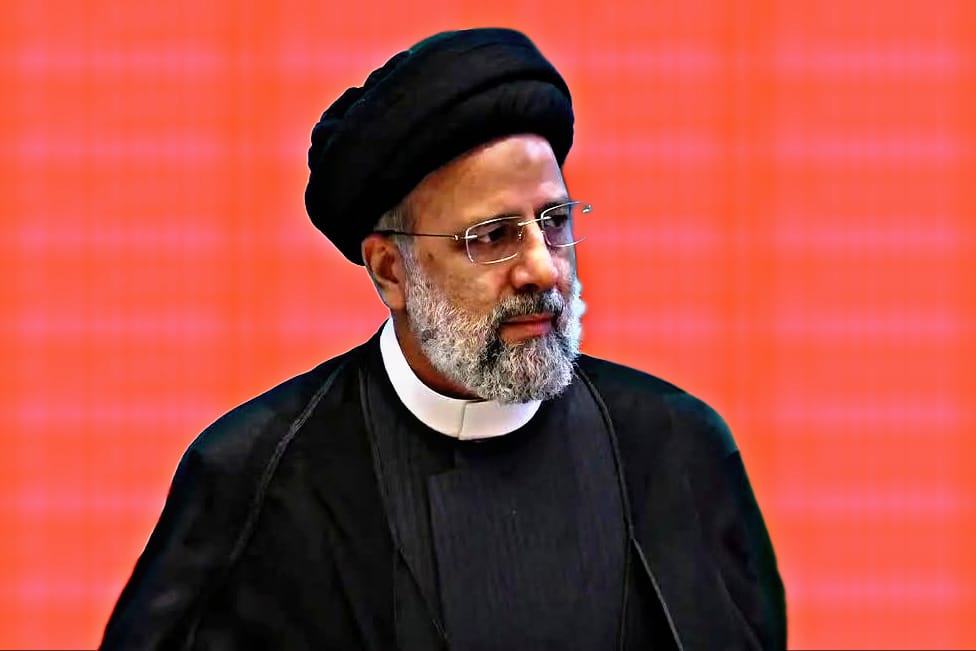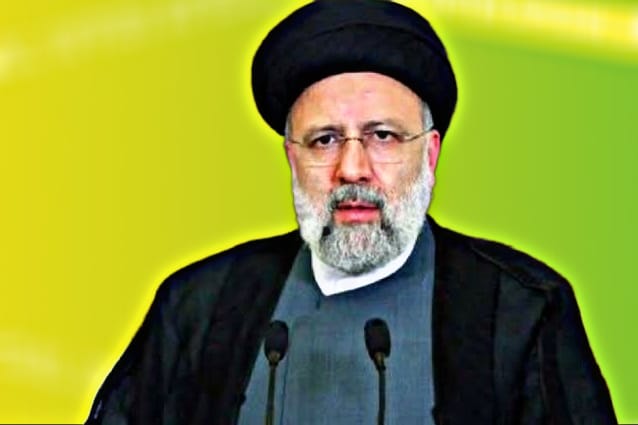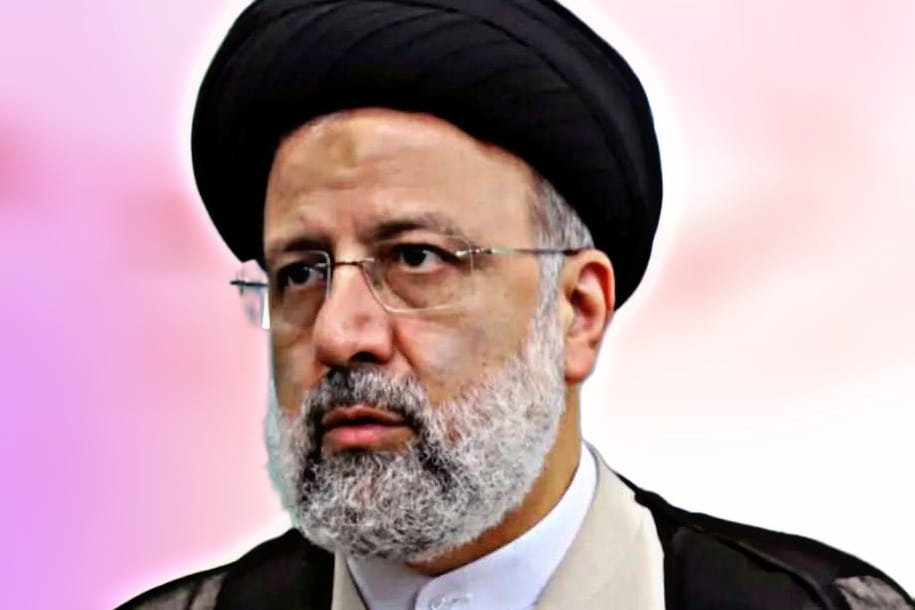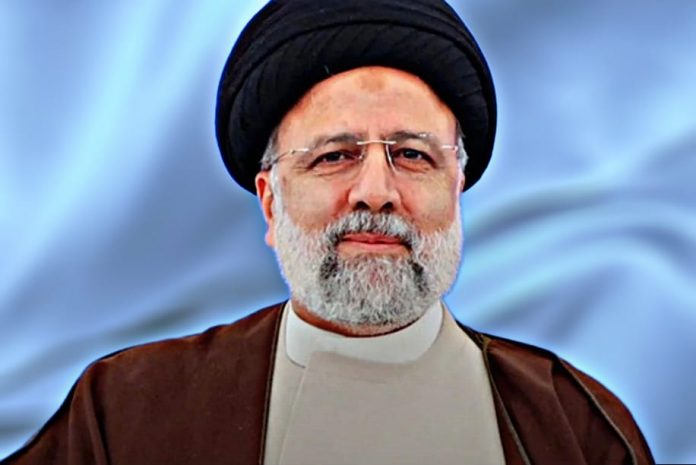Ebrahim Raisi, an Iranian cleric and politician, has emerged as one of the most influential figures in the Islamic Republic of Iran. Serving as the president since 2021, his political rise is not merely a product of the democratic process but also a consequence of his deep ties with Iran’s powerful religious and political establishments. A figure closely associated with Iran’s judicial system, Ebrahim Raisi career trajectory has sparked both domestic and international interest due to his links to the regime’s hardline factions and his strategic ascent in the political hierarchy.
This article provides a comprehensive overview of Ebrahim Raisi’s life, career, and his impact on Iran’s politics and global relations. We will delve into his early life, rise through the judicial ranks, his presidential campaign, and what his leadership means for Iran’s future.
Early Life and Education
Ebrahim Raisi was born on December 14, 1960, in Mashhad, a major religious and cultural center in northeastern Iran. Coming from a religiously devout family, Raisi’s early years were marked by his immersion in Islamic scholarship. His father, Ayatollah Ahmad Raisi, was a respected cleric, which influenced young Ebrahim’s early religious education.
Ebrahim Raisi academic journey began at the age of 15, when he joined the seminary in Mashhad. He studied under various influential teachers, including prominent scholars like Ayatollah Mohammad-Reza Golpaygani. His studies were focused on traditional Islamic jurisprudence (fiqh), Islamic philosophy, and the teachings of Shi’a Islam. Ebrahim Raisi academic credentials, along with his deep commitment to religious practice, positioned him as a key figure in Iran’s clerical establishment.
After completing his initial studies, Ebrahim Raisi furthered his education in the Qom seminary, the heart of Iran’s theological establishment. Here, he worked with leading clerics, refining his knowledge of Islamic jurisprudence and law, which would later serve as a foundational element of his career in Iran’s judicial system.
Political and Judicial Career

The Rise Through the Judiciary
Ebrahim Raisi’s political career began in earnest in the mid-1980s when he took on his first significant judicial role. His early involvement in the judicial system of Iran was marked by his appointment to various key positions. He became an assistant prosecutor in the 1980s and later rose to the rank of Tehran’s deputy prosecutor.
His career took a decisive turn in 1989, when he was appointed to the head of the General Inspectorate Organization, a key governmental body tasked with investigating corruption and misconduct within the administration. His role in tackling corruption, although controversial due to his association with the hardline factions of the regime, earned him significant prominence within Iran’s political circles.
Ebrahim Raisi most significant role came in 2016, when he was appointed the head of Iran’s judiciary, a position that solidified his standing as one of the most powerful figures in the country. His tenure was marked by his efforts to streamline Iran’s judicial processes, promote the rule of law, and address issues related to corruption within the judicial system. However, his critics have accused him of overseeing a judiciary that was increasingly repressive, particularly against political dissent and human rights advocates.
Connection to the 1988 Executions
One of the most controversial aspects of Ebrahim Raisi’s rise to power is his role in the 1988 mass executions of political prisoners. During this time, Raisi was serving as the deputy prosecutor of Tehran, and he has been linked to the decision to execute thousands of political prisoners, many of whom were affiliated with opposition groups like the Mujahedin-e Khalq (MEK).
While Ebrahim Raisi has denied direct involvement in these executions, human rights organizations have repeatedly pointed to his role in what many see as a systematic effort to eliminate opposition figures during the early years of the Islamic Republic. His critics argue that his involvement in these events is emblematic of his hardline stance on political dissent.
The Judiciary and Hardline Politics
As head of the judiciary,Ebrahim Raisi aligned himself closely with the conservative and hardline factions within the Iranian political landscape. His tenure saw a crackdown on civil liberties, with a marked increase in executions, restrictions on free speech, and the suppression of dissident voices. Human rights groups have criticized Raisi for his role in silencing opposition, targeting journalists, and limiting freedom of expression.
At the same time, Ebrahim Raisi has positioned himself as a staunch defender of Iran’s Islamic values, emphasizing the importance of maintaining Iran’s Islamic Revolution ideals and rejecting Western-style liberalism. His conservative stance has resonated with the country’s more traditional segments, particularly the conservative clergy and rural communities who view him as a defender of Islamic principles in the face of foreign influence.
Presidential Candidacy and Election

The 2021 Presidential Election
Ebrahim Raisi path to the presidency was heavily influenced by his support among hardline factions within the Iranian political establishment, including the Islamic Revolutionary Guard Corps (IRGC) and the conservative clerical elites. In 2021, Raisi announced his candidacy for the presidential election, positioning himself as the champion of justice, anti-corruption measures, and economic reform.
The 2021 election was marked by a significant decline in voter turnout, largely due to dissatisfaction with the political system and the economic difficulties faced by the Iranian populace. Despite the low turnout, Ebrahim Raisi victory was a foregone conclusion, as his candidacy had the backing of key power brokers within the regime, including Supreme Leader Ayatollah Ali Khamenei.
Ebrahim Raisi electoral platform focused on tackling corruption, improving Iran’s domestic economy, and navigating the complex geopolitical situation arising from Iran’s fraught relationship with the West. He promised to fight unemployment, restore national pride, and ensure the continuity of Iran’s nuclear program.
A Controversial Victory
While Ebrahim Raisi win was largely seen as a consolidation of power by the conservative factions within the Islamic Republic, it was also a sign of Iran’s political climate. Critics claimed that the election was rigged in favor of Raisi, as many reformist candidates were either banned from running or had their campaigns severely restricted. This created a sense of disenfranchisement among Iran’s urban youth and middle class, who viewed the election as a facade of democracy.
Despite the criticism, Ebrahim Raisi victory demonstrated the continued dominance of the hardline elements within Iran’s political and religious establishment. His rise reflected the long-standing dominance of conservative forces over Iran’s political system, signaling a further shift away from the relatively moderate reformism of former presidents like Mohammad Khatami and Hassan Rouhani.
Presidency: Challenges and Opportunities

Since taking office in August 2021, Ebrahim Raisi has faced numerous challenges, both domestic and international. The Iranian economy remains in a precarious state, battered by U.S. sanctions, mismanagement, and the long-term impact of the COVID-19 pandemic. Inflation, unemployment, and poverty rates remain high, and Raisi has faced widespread criticism for not being able to address these issues effectively.
Domestic Policy: Economic Struggles and Social Issues
Ebrahim Raisi government has placed a significant emphasis on economic reforms, focusing on creating jobs, reducing inflation, and improving living standards for ordinary Iranians. However, despite his promises, his tenure has seen little progress on these fronts. The Iranian economy continues to suffer from the aftereffects of years of economic isolation, with limited success in securing foreign investment or trade deals.
On social issues, Ebrahim Raisi administration has been criticized for its hardline stance on personal freedoms, particularly women’s rights. The government has continued to enforce strict dress codes for women and has implemented severe crackdowns on protests and dissent. The human rights situation under Ebrahim Raisi remains a significant concern for both domestic critics and the international community.
Foreign Policy: Nuclear Talks and Regional Relations
Ebrahim Raisi foreign policy has been shaped by Iran’s tense relations with the West, particularly the United States, and the ongoing nuclear negotiations. Ebrahim Raisi has emphasized his desire to protect Iran’s nuclear program and ensure the lifting of sanctions that have crippled the Iranian economy. His administration has maintained a hardline stance on the Joint Comprehensive Plan of Action (JCPOA), the 2015 nuclear deal between Iran and six world powers. While Ebrahim Raisi has expressed a willingness to negotiate, his approach has been more cautious compared to his predecessor, Hassan Rouhani.
On regional matters, Ebrahim Raisi has continued Iran’s policy of supporting its allies in Syria, Lebanon, and Yemen, furthering Iran’s influence in the Middle East. This has led to tensions with Saudi Arabia and Israel, as well as growing concerns from the West regarding Iran’s role in regional instability.
Ebrahim Raisi’s Legacy and Future
As of now, Ebrahim Raisi’s presidency is still in its early stages, and it is difficult to predict what his long-term legacy will be. What is clear is that his political trajectory represents a deepening of conservative, hardline control over Iran’s political and religious institutions. His rise to power has solidified the grip of Iran’s clerical establishment over the country’s affairs, while also signaling a shift toward more authoritarian rule.
Domestically, Ebrahim Raisi faces mounting challenges related to Iran’s economic troubles, social unrest, and calls for greater freedoms. Internationally, his hardline stance on issues like Iran’s nuclear program and regional policies has led to ongoing tensions with both the United States and its regional adversaries.
For Ebrahim Raisi, the future may hinge on his ability to deliver on his economic promises and navigate Iran’s complex domestic and foreign policy challenges. If he can succeed in improving the country’s economy and solidifying its position on the international stage, he may become a key figure in shaping Iran’s future. However, his ability to balance internal dissent and external pressures will likely determine whether his presidency strengthens or weakens the foundations of the Islamic Republic.
Conclusion
Ebrahim Raisi’s ascent to the presidency of Iran is a story of political maneuvering, judicial influence, and a commitment to the ideals of the Islamic Revolution. His rise from the seminary to the judiciary and ultimately the presidency underscores the centrality of the religious establishment in shaping Iran’s political landscape. While his presidency is still in its early stages, Ebrahim Raisi tenure is likely to have significant implications for both Iran’s internal politics and its relations with the broader international community.
With his firm stance on issues like the nuclear deal, regional policy, and political repression, Ebrahim Raisi represents a hardline continuity in Iran’s leadership. How he navigates the economic, social, and geopolitical challenges that lie ahead will shape not only his legacy but also the future of the Islamic Republic of Iran.

